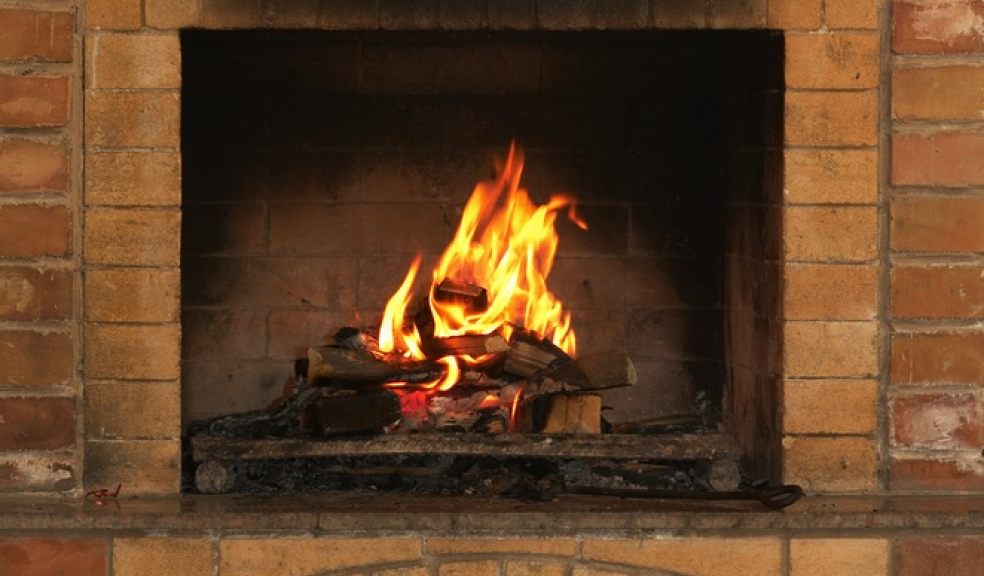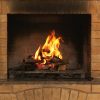
Fire crews called to seven chimney fires yesterday
With cold weather predicted over the next few days, Devon and Somerset Fire and Rescue Service remind you to make sure your chimneys are safe and secure as possible, especially when lighting up fires that haven't been used for a while.
This advice comes after seven chimney fires took place yesterday.
Open fires and wood burning stoves are growing in popularity as they not only warm up a home, but create a unique and relaxing ambience within any room. This is all the more reason to ensure they are safe and clean.
Chimneys need to be dirt free to allow the free passage of dangerous combustion gasses, so regular cleaning will remove soot and creosote, and help prevent dangerous chimney fires. Make sure your chimney is swept regularly by a registered chimney sweep.
Sweeping Frequencies
Sweeping frequencies below are for guidance only. Frequency will depend on a number of factors including: type of fuel, appliance used, duration of use, moisture content of wood fuel, type of chimney.
- Smokeless coals at least once a year
- Wood up to four times a year
- Bituminous coal twice a year
- Oil once a year
- Gas once a year
Growing in popularity are wood burning stoves and they also need to be checked regularly to ensure they are safe and clean, ensure wood burners are installed and maintained in accordance with the manufacturer’s instructions
Devon & Somerset Fire & Rescue Service have provided some top tips for safer chimneys:
- Always use a fire guard to protect against flying sparks from hot embers;
- Make sure embers are properly put out before you go to bed or leaving the house;
- When burning wood, use dry, seasoned woods only;
- Never burn cardboard boxes or waste paper;
- Do not overload the grate;
- Bird nests, cobwebs and other blockages within chimney to be removed;
- Consider having a carbon monoxide detector fitted as an additional safeguard against the build-up of poisonous fumes;
- Have a working smoke alarm.
Smoke Alarms
We advise you to:
- Regularly check your alarms by pressing the button;
- Once a year – change your battery or consider buying a ten-year alarm which will not require frequent battery changes;
- Once a year – vacuum and wipe the smoke alarm casing to ensure dust isn’t blocking the sensor chamber (for mains wired alarms, switch off first).
Please visit Chimney Fires for more information.
Article supplied by Devon & Somerest Fire & Rescue.














